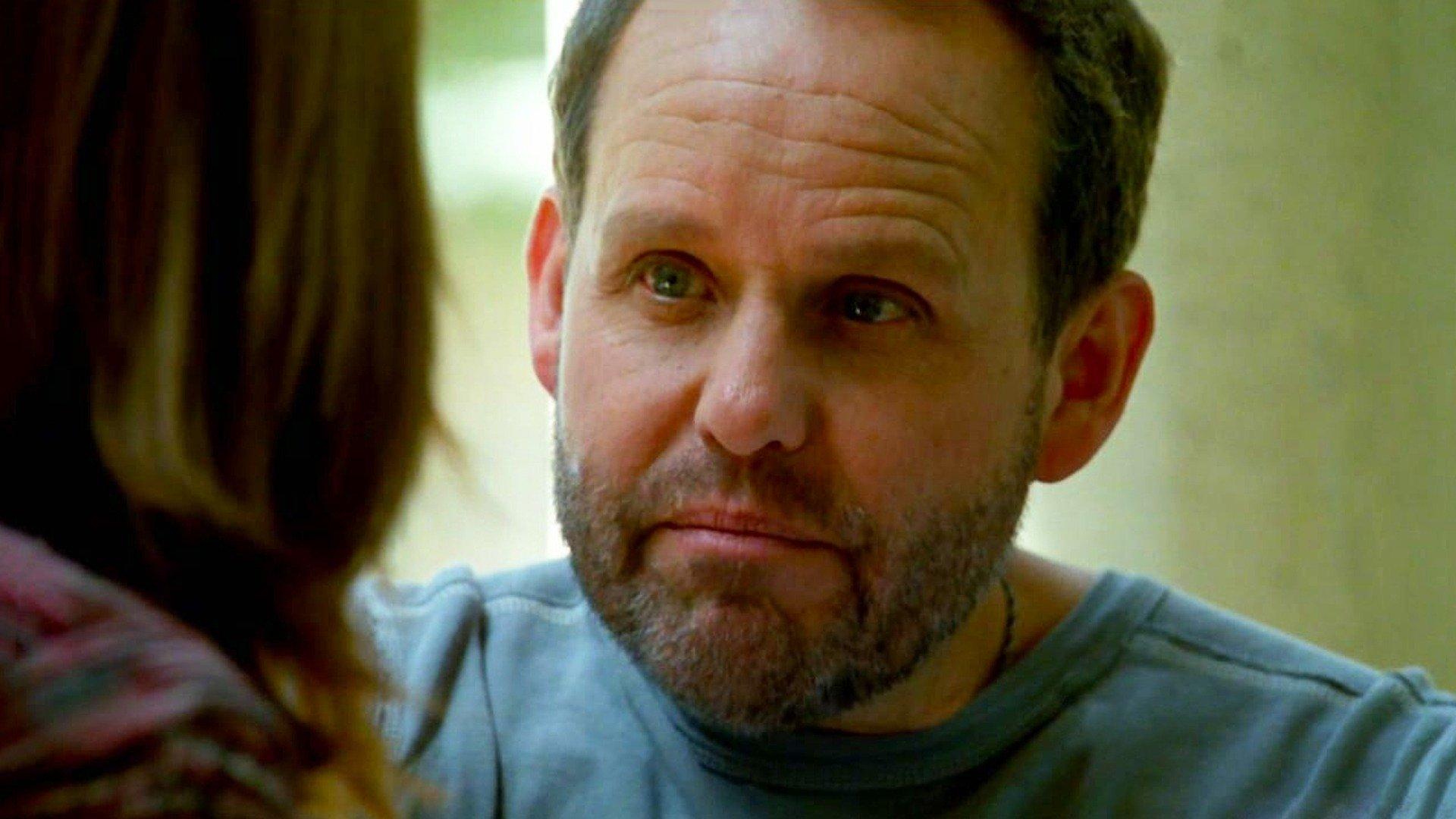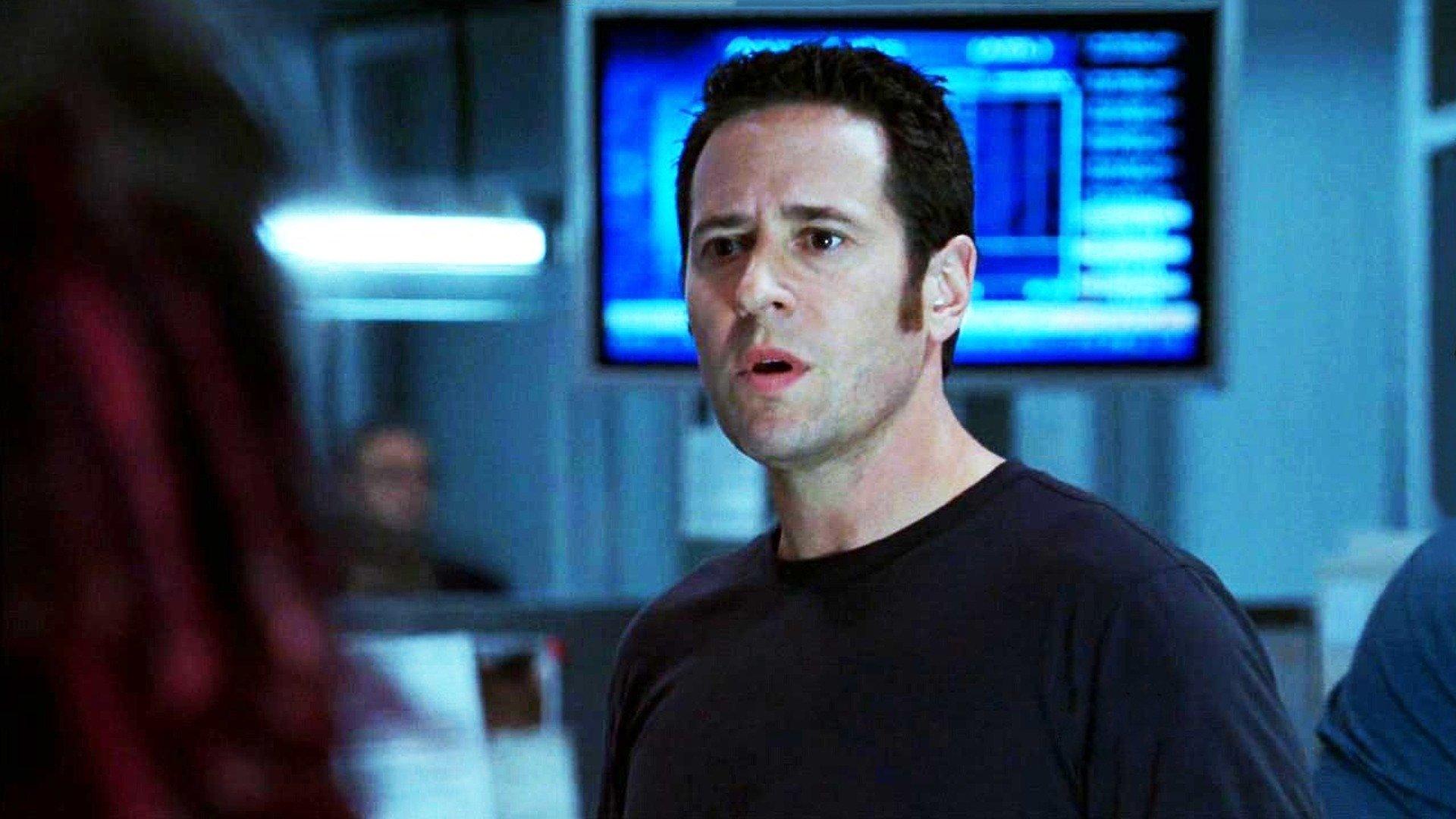There is a television series that truly caught the eye of many people, a program that took the often-seen world of criminal investigations and gave it a rather interesting twist. This particular show, called Numb3rs, brought together the sharp minds of law enforcement and the rather precise thinking found in advanced mathematics. It showed viewers how numbers, patterns, and formulas could actually help figure out some very puzzling situations, the kind that usually stump even the most experienced detectives. You see, this was not just another police drama; it was something that made you think a little differently about how problems get solved, offering a fresh way to look at crime.
The basic idea of the program was, in some respects, quite simple yet pretty powerful. It followed an agent with the FBI who, when faced with truly baffling cases, would turn to his younger brother. This brother, as it turns out, possessed an extraordinary talent for mathematics, a gift that allowed him to see connections and solutions where others just saw confusion. The show, which first appeared on CBS screens in January of 2005 and continued its run until March of 2010, really made an effort to show how everyday math, or at least the math used by very clever people, could shed light on dark corners. It ran for six good seasons, giving viewers 118 episodes to ponder.
It's almost like a bridge between two very different ways of thinking, bringing together the practical, street-level work of an FBI team with the abstract, theoretical approach of a brilliant mathematician. The creators, Nicolas Falacci and Cheryl Heuton, apparently drew inspiration from actual occurrences and experiences, which gave the stories a certain grounded feel. The cast, including people like David Krumholtz, Rob Morrow, Judd Hirsch, and Alimi Ballard, really helped bring these rather unique characters to life, making the often-abstract ideas of math feel very real and connected to human situations. This blend made Numb3rs a memorable watch for many.
Table of Contents
- Numb3rs- The Core Idea
- How Did Numb3rs Show Math in Action?
- The People Behind the Puzzles
- Who Brought the Numb3rs Stories to Life?
- What Made Numb3rs Stand Out?
- The Human Side of Numb3rs
- Numb3rs- A Look Back
- Did Numb3rs Change How We See Crime Solving?
Numb3rs- The Core Idea
The central idea behind the Numb3rs television program was quite a clever one, truly. It put forth the notion that even the most puzzling criminal activities could have their patterns, their hidden codes, if only someone with the right kind of thinking could spot them. The show centered on Don Eppes, an agent working for the Federal Bureau of Investigation, who, facing particularly sticky cases, would often turn to his younger brother, Charlie. Charlie was, to put it mildly, a genius when it came to numbers and mathematical ideas. His way of seeing the world was rather different from that of a typical law enforcement officer; he saw systems, probabilities, and equations where others saw chaos, so he could help in a way no one else could.
This pairing of a street-smart agent and a book-smart academic created a very interesting dynamic. Don's work in the Los Angeles office of the FBI meant he and his team were constantly dealing with significant and confusing wrongdoings. Yet, sometimes, the traditional methods of investigation just weren't enough. That's where Charlie came in, offering a completely fresh point of view, using his mathematical insight to predict where a wrongdoer might go next, or how a series of seemingly random events might actually be connected. It was a way of solving things that many viewers had probably never considered before, making the show feel very fresh and rather educational, too.
How Did Numb3rs Show Math in Action?
One might wonder, how exactly does a show about solving crimes use mathematics in a way that makes sense and keeps people watching? Well, Numb3rs did it by showing practical applications for rather abstract concepts. For instance, Don might need to figure out where a serial wrongdoer, who had started taking the lives of their victims, might strike next. This is where Charlie would step in, using complex calculations and theories to predict possible locations or patterns of behavior. It wasn't just about simple arithmetic; it was about things like probability, statistical analysis, and even more advanced ideas that, frankly, most of us might only remember from a very difficult college course.
- Tony Goldwyn And Wife
- Where Are The Seven Churches In Revelation
- Justin Bieber Birthday Date
- How Old Is Ray Romano
- Nicolas Otamendi Wife Celeste Rey
Consider, for example, a situation where Don needed to find out where someone had robbed a bank. Charlie would be brought in to look at the details, the timing, the locations of previous incidents, and then apply his mathematical thinking to narrow down potential future targets or even the escape routes. It really showed how numbers could paint a picture, or perhaps, draw a map, for the investigators. The show made an effort to explain these concepts in a way that viewers could grasp, without making it feel like a classroom lesson. It was about making the invisible patterns visible, and that, is that, was pretty cool for a crime show.
The People Behind the Puzzles
Every good television program has a group of talented individuals who bring it to life, and Numb3rs was no different. The initial idea for the series came from Nicolas Falacci and Cheryl Heuton. They are the ones who dreamed up this rather unique blend of police work and the world of equations. Their vision, which apparently drew from actual incidents and experiences, gave the show a sense of authenticity, making the somewhat unusual premise feel believable. It's quite a feat to take something as abstract as higher mathematics and make it the central point of a popular crime drama, yet they managed to do it rather well.
The acting group also played a very important part in making Numb3rs a success. David Krumholtz took on the role of Charlie Eppes, the brilliant mathematician who could see the world through numbers. His portrayal brought a certain charm and often a touch of awkwardness to a character who spent most of his time thinking in complex ways. Rob Morrow played Don Eppes, the FBI agent brother, providing the grounded, practical counterpoint to Charlie's academic mind. Their brotherly connection, which was often tested by their very different approaches to problems, formed the heart of the program.
Who Brought the Numb3rs Stories to Life?
Beyond the two main brothers, the supporting cast members truly added depth and warmth to the Numb3rs stories. Judd Hirsch played Alan Eppes, the father of Don and Charlie. His character often served as a bridge between his two very different sons, offering advice, comfort, and sometimes a bit of humor. He represented the human element, the family bond that kept the rather unusual partnership of his sons feeling very real and relatable. Alimi Ballard also played a key part in the FBI team, adding another perspective to the law enforcement side of things. The interactions among these characters, the way they supported each other, argued, and worked together, really made the show more than just a procedural; it made it a story about family, too, in some respects.
The writers, directors, and the entire production group behind the scenes also deserve a lot of credit for making Numb3rs work so well. They had the job of taking rather intricate mathematical ideas and weaving them into compelling crime stories, all while making sure the human drama felt genuine. This required a careful touch, ensuring that the math wasn't too overwhelming for the typical viewer, but still felt important to the solution of the crime. It was a delicate balancing act, and they performed it rather skillfully, leading to a show that managed to be both brainy and emotionally engaging.
What Made Numb3rs Stand Out?
In a television landscape filled with many crime dramas, Numb3rs managed to carve out its own distinct space. What made it different, you might ask? Well, it wasn't just the math, though that was certainly a big part of it. The show offered a fresh perspective on how crime could be investigated, moving beyond traditional forensics and profiling to incorporate a way of thinking that was, for many, quite new to the screen. It showed that solutions could come from unexpected places, from a different kind of intelligence, one that sees patterns and predictions in data rather than just physical evidence. This approach really gave the show a unique flavor, setting it apart from its peers.
Another aspect that made Numb3rs memorable was its ability to make complex ideas accessible. While Charlie might be discussing advanced theories, the show often found ways to simplify the core concept for the audience, perhaps through a visual aid or a simple explanation from Don or another character. This meant that viewers didn't need to be math experts to follow along and appreciate the cleverness of the solutions. It was a show that respected its audience's intelligence while also inviting them to learn something new, which is a pretty neat trick for a prime-time drama, don't you think?
The Human Side of Numb3rs
Despite its focus on numbers and logic, Numb3rs always kept a strong connection to the human element of crime and its impact. The cases themselves were often inspired by real situations, giving them a certain weight and seriousness. But more than that, the show explored the personal connections and feelings of the characters involved. For instance, there's a particular episode where Charlie's usual way of looking at things, his skepticism about tricks and illusions, gets tested. A magic act goes wrong, and a performer seems to vanish completely, leaving David, one of the FBI team members, to deal with the messy parts of his personal life, too. This kind of story shows that even when numbers are used to solve a puzzle, the emotional consequences for the people involved are still very real and important.
The family dynamic of the Eppes household also added a significant human touch to Numb3rs. The relationship between Don and Charlie, two brothers with very different ways of approaching life, provided both warmth and occasional friction. Their father, a childhood friend of Don's, often served as the anchor, reminding them of their shared history and the importance of family bonds, even when their professional lives took them into rather dark places. This blend of intellectual puzzle-solving and relatable family drama made the show feel much more complete and engaging, drawing viewers in not just with the cleverness of the plots but also with the heart of the characters.
Numb3rs- A Look Back
Looking back at Numb3rs, which aired from early 2005 to early 2010, it's clear that it left a distinct mark on television. It successfully blended genres in a way that few shows had before, proving that a program could be both intellectually stimulating and emotionally resonant. The series, with its six seasons and 118 episodes, offered a consistent vision of how different fields of knowledge could come together to tackle difficult problems. It really demonstrated that thinking outside the usual box, bringing in expertise from an unexpected area like advanced mathematics, could yield surprising and effective results for law enforcement. It was a show that, in a way, broadened the definition of what a crime drama could be.
The fact that the show was inspired by actual cases and experiences gave it a certain credibility, too. It wasn't just making up scenarios; it was trying to show how mathematical principles could genuinely be applied to real-world situations, even if the specific plots were fictionalized for dramatic effect. This grounding in reality, combined with the rather unique premise of an FBI agent relying on his mathematical genius brother, made Numb3rs a compelling watch for many viewers who were looking for something a little different from the typical police procedural. It certainly offered a fresh perspective on the challenges faced by those who work to keep us safe.
Did Numb3rs Change How We See Crime Solving?
One might fairly ask if Numb3rs actually changed how people view crime solving. While it certainly didn't turn every police department into a mathematics research lab, it did, perhaps, open people's eyes to the diverse tools available for investigations. It showed that crime solving isn't just about fingerprints and witness statements; it can also involve patterns, probabilities, and predictive models. The show likely sparked an interest in mathematics for some viewers, demonstrating its practical applications beyond the classroom. It made the idea of using numbers to catch wrongdoers seem not only possible but also rather clever and even exciting, which is a pretty significant achievement for a TV program.
The legacy of Numb3rs lies in its unique contribution to the crime drama genre, showing how different ways of thinking can come together to solve puzzles that seem impossible. It put a spotlight on the idea that every problem, no matter how messy or human, might have an underlying structure that can be understood with the right approach. The program, created by Nicolas Falacci and Cheryl Heuton, and brought to life by actors like David Krumholtz, Rob Morrow, Judd Hirsch, and Alimi Ballard, truly offered a fresh take on the classic police story, demonstrating that sometimes, the answer lies in the numbers, even when you are trying to find out where a bank robber might go next.
Related Resources:
Detail Author:
- Name : Elda Treutel
- Username : quentin02
- Email : mylene.hegmann@hotmail.com
- Birthdate : 1978-09-16
- Address : 39361 Clementina Crossroad Lake Dejahbury, ID 41074-8690
- Phone : +1.352.372.8159
- Company : Wilkinson PLC
- Job : Physicist
- Bio : Soluta aliquid quo ea. Ex rerum aperiam dolores repellendus rerum et quod. Voluptas cupiditate ad facere quidem nemo aliquid omnis et.
Socials
instagram:
- url : https://instagram.com/howelld
- username : howelld
- bio : Provident vero quis cupiditate aut. Temporibus ut soluta vel et. Delectus dolore non id.
- followers : 4637
- following : 72
facebook:
- url : https://facebook.com/destany.howell
- username : destany.howell
- bio : Qui quod commodi aperiam sit autem.
- followers : 5699
- following : 1825
twitter:
- url : https://twitter.com/destany_real
- username : destany_real
- bio : Autem magni aut necessitatibus tempora. Modi qui quis consequatur et. Aperiam adipisci esse similique neque.
- followers : 6820
- following : 2427
tiktok:
- url : https://tiktok.com/@destanyhowell
- username : destanyhowell
- bio : Sit voluptas quidem animi vel eius iusto velit.
- followers : 614
- following : 2649
linkedin:
- url : https://linkedin.com/in/destany3303
- username : destany3303
- bio : Dolorum et quia numquam.
- followers : 1428
- following : 955


